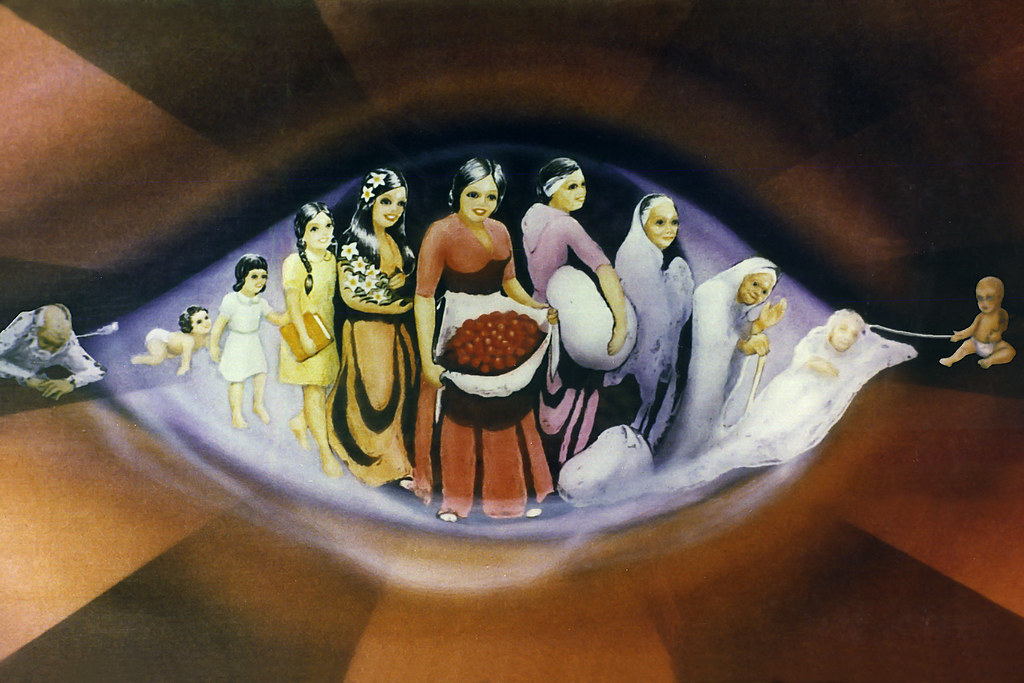Hey, readers, Today I was discussing on the topic of Ishvara and suprissingly very few people had idea about Ishwara? Is Ishwara a God? What is the Difference between Ishvara and God? In this post I will share share the complete detail about —Ishwara. Basically, This concept from Indian philosophy is deep but also super relatable, and it fits right into our vibe of exploring the connection between science, yoga, and life’s big questions.

In simple words, Ishvara means “Lord,” but this isn’t a typical ruler-over-subjects relationship. Ishvara is the material cause of the universe—the very substance from which everything is made. At the same time, Ishvara is the intelligent cause, the infinite knowledge and power that creates, maintains, and governs all of creation. I’ve been diving into a fascinating text about Ishwara, and I want to break it down in simple, everyday words so it feels like a chat with a friend. Whether you’re a yoga enthusiast, a curious thinker, or just wondering about the universe, let’s unpack what Ishwara is all about. Grab your favorite tea, get cozy, and let’s dive in!
Who’s Ishwara, Anyway?
Imagine the universe as a grand, unfolding story. Ishwara is like the ultimate VIP—the author, director, and producer all in one. The text describes Ishwara as eternal, pure, all-knowing, and bursting with love. It calls Ishwara “the Teacher of all teachers” and says they are made of “inexpressible love.” That’s not some distant, cold idea; it’s a warm, divine presence you can actually feel close to.
Now, you might be thinking: Is Ishwara the same as Brahman, that big “Existence-Knowledge-Bliss” thing we hear about in yoga philosophy? Yep, they’re the same, but here’s the twist: Brahman can feel like this huge, abstract concept—hard to wrap your arms around, like trying to hug a cloud. Ishwara is Brahman with a personal touch, someone you can connect with, love, and even talk to, like a wise friend or guide.
Here’s a simple way to picture it: Brahman is like clay, the stuff everything’s made from. You can shape that clay into a bird, a tree, or anything else. They’re all clay, but their shapes make them different. Ishwara is the most amazing shape of that clay—the biggest, most beautiful way our minds can understand the divine. And guess what? Ishwara and the universe are eternal—no beginning, no end, just an endless flow.
Why Ishwara Matters to Us
So, Is there any connections of Ishwara in our spiritiual practice or everyday life? If you’re into Bhakti Yoga (the yoga of devotion), Ishwara is the one you really connect with. The text explains that even the most enlightened beings who achieve Moksha (ultimate freedom) can’t take on Ishwara’s role. A wise sage named Vyasa points out that only Ishwara has the ability to create, govern, and ultimately end the universe. It’s like Ishwara is the cosmic CEO, and that position is truly one-of-a-kind.
Some thinkers, like Ramanuja, explain that even the most spiritually advanced folks get tons of cool abilities, but they don’t get to run the universe. It’s like being the best yoga teacher in the studio—you’re awesome, but you’re not designing the whole studio from scratch. The scriptures put it like this: “Everything comes from him, lives because of him, and goes back to him—that’s Brahman.” Ishwara’s got the whole universe covered.
What I love most is how Ishwara feels so close. The text shares stories about devotees like Prahlada and the Gopis, who loved Krishna (a form of Ishwara) so much they forgot themselves. In those moments, everything felt like one big, infinite oneness. But when they came back to their senses, Ishwara showed up—like Krishna with a warm smile, rocking yellow robes. It’s like the universe saying, “Hey, I’m right here for you, in a way you can feel.”
Is Ishwara Real
What really resonates with me is how Ishwara makes the divine feel so personal. The text points out that we always perceive things through our human perspective, even when it comes to Ishwara. And you know what? That’s perfectly okay—it’s just the way our minds operate. Dismissing Ishwara as unreal because we attribute human qualities to him is like saying your passion for yoga isn’t genuine just because it stirs up emotions. Ishwara is as real as it gets—the ultimate reality we can truly connect with.
For those of us into Bhakti Yoga, Ishwara is where devotion flows naturally. The text says it’s tougher to focus on the abstract Brahman, but loving Ishwara? That’s like riding the wave of your heart. It’s like choosing to flow through a yoga pose you love instead of forcing one that feels out of reach.
Tying It to Yoga and Science
At ScienceAndYoga.com, we’re all about finding harmony between the physical and the spiritual, and Ishwara fits right in. In yoga, Ishwara is often the focus of practices like chanting mantras or meditating on love and surrender (think Ishwara Pranidhana from Patanjali’s Yoga Sutras). Scientifically, you could see Ishwara as a way to understand the universe’s order and mystery—like the force behind the Big Bang or the laws of nature that keep everything in balance. It’s a beautiful bridge between the heart and the mind.
Wrapping It Up
So, what’s Ishwara all about? He’s the loving, personal side of the divine—the one who creates the universe, keeps it spinning, and still feels like someone you could connect with in your practice. Whether you’re on your yoga mat, meditating, or just pondering life’s big questions, Ishwara reminds us there’s love and purpose woven into everything. For me, it’s like a cosmic hug that says the universe has our back.
What do you think? Have you felt Ishwara’s presence in your yoga or meditation practice? Maybe you love a story about Krishna or another divine figure. Drop a comment below—I’d love to hear your thoughts! If you’re into these kinds of topics, check out more posts on ScienceAndYoga.com for other cool ideas about yoga, science, and life.
Stay connected,
[Your Name] ScienceAndYoga.com

